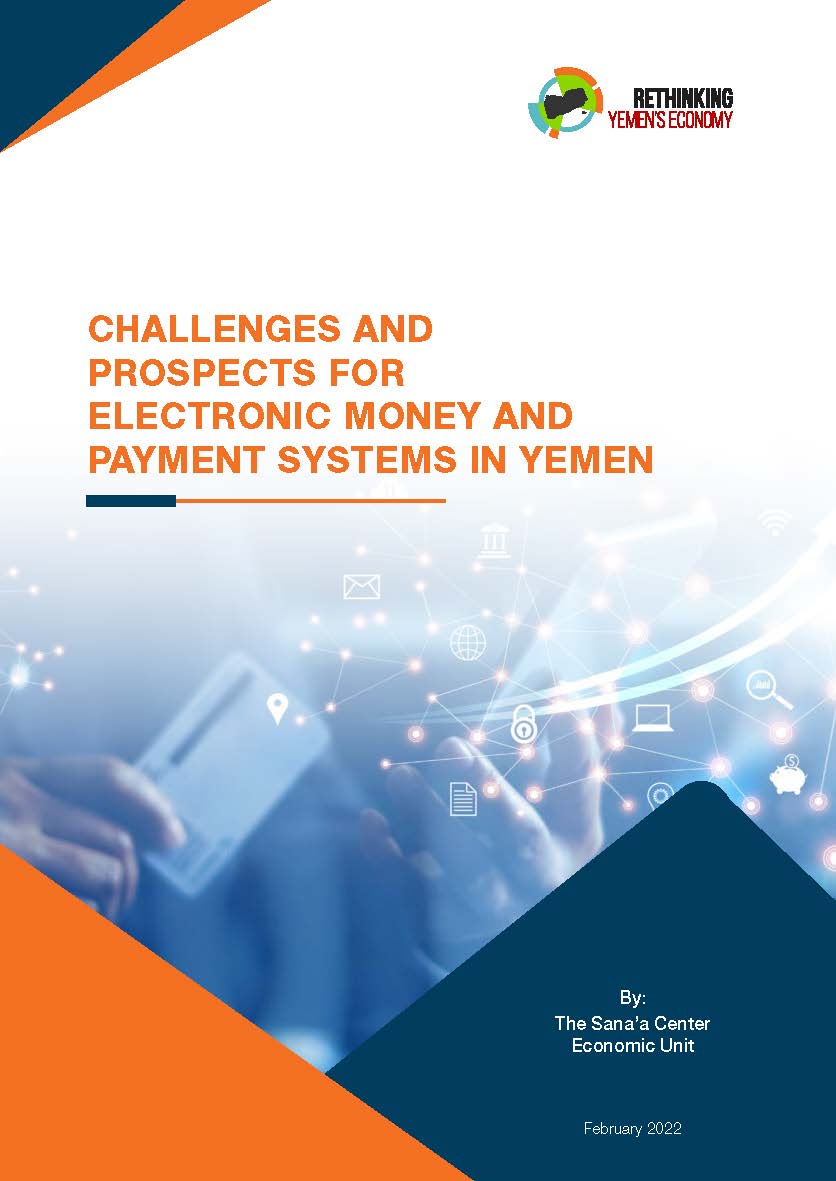
Challenges and Prospects for Electronic Money and Payment Systems in Yemen
Yemen has a heavily cash-based economy with low levels of financial inclusion. The country’s formal banking sector is highly underdeveloped, undercapitalized and concentrated in urban areas, leaving it inaccessible for most Yemenis. Plans by the Central Bank of Yemen to develop and improve electronic interbank transactions and local electronic payment systems, including mobile money services, were interrupted by the onset of the ongoing conflict. This paper examines (and provides recommendations on): the existing regulations surrounding the use of e-money in Yemen; attempts to adopt e-money services both before and during the conflict; the major players and state of infrastructure in the sector; and the challenges and prospects facing greater adoption of electronic currency in the country.
Download the White Paper in English or Arabic
Other, Publications, Rethinking Yemen's Economy, RYE Publications
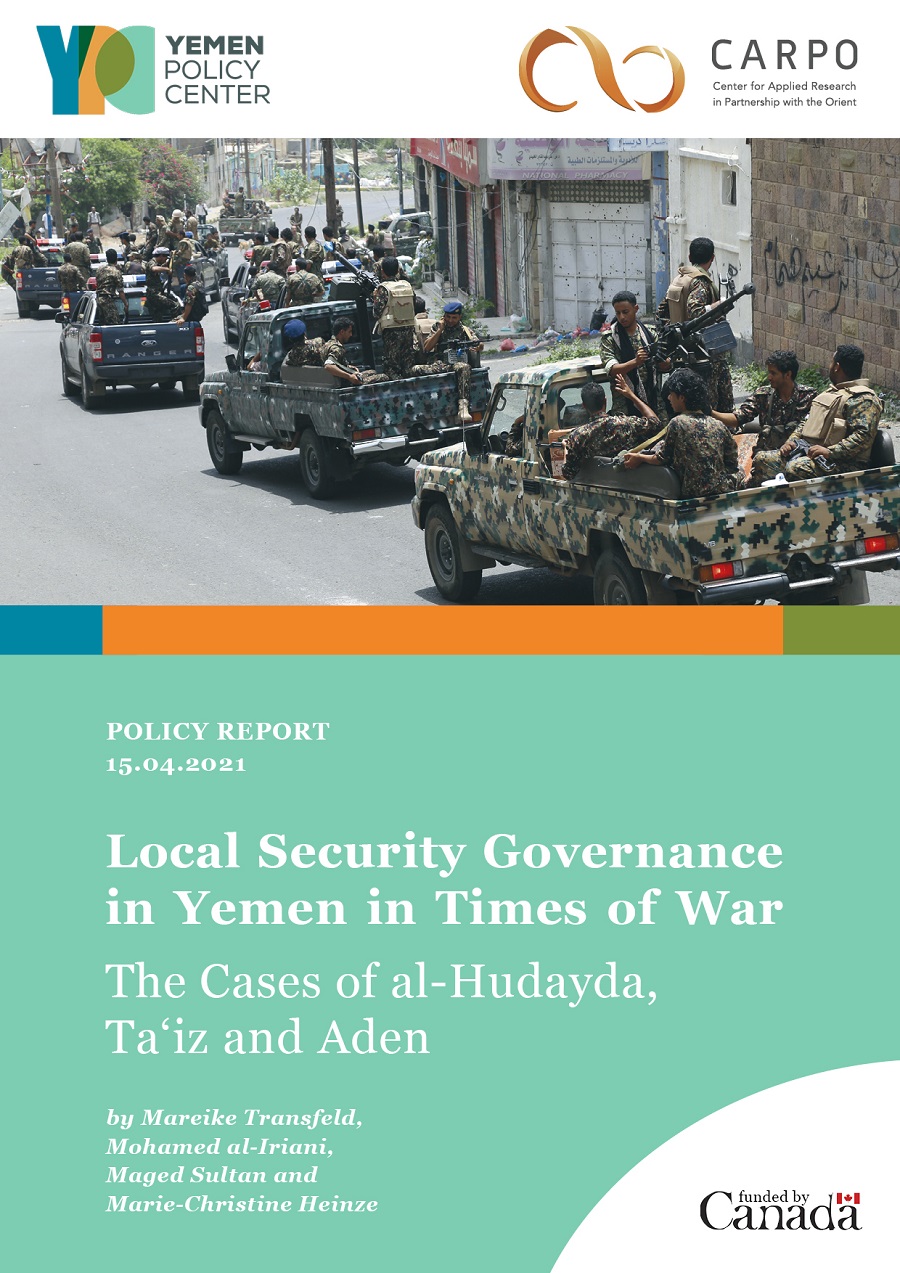

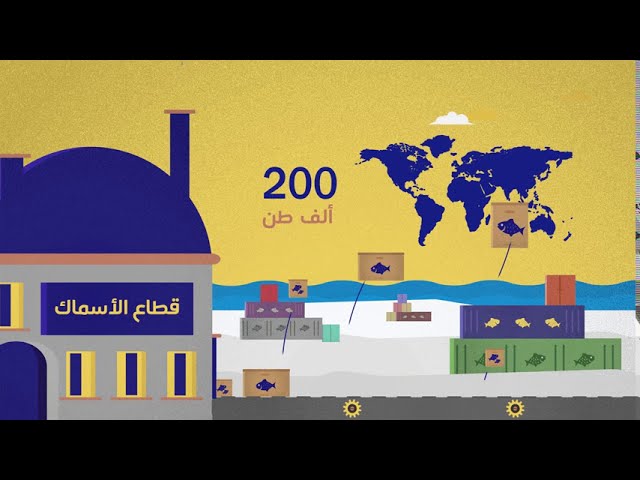
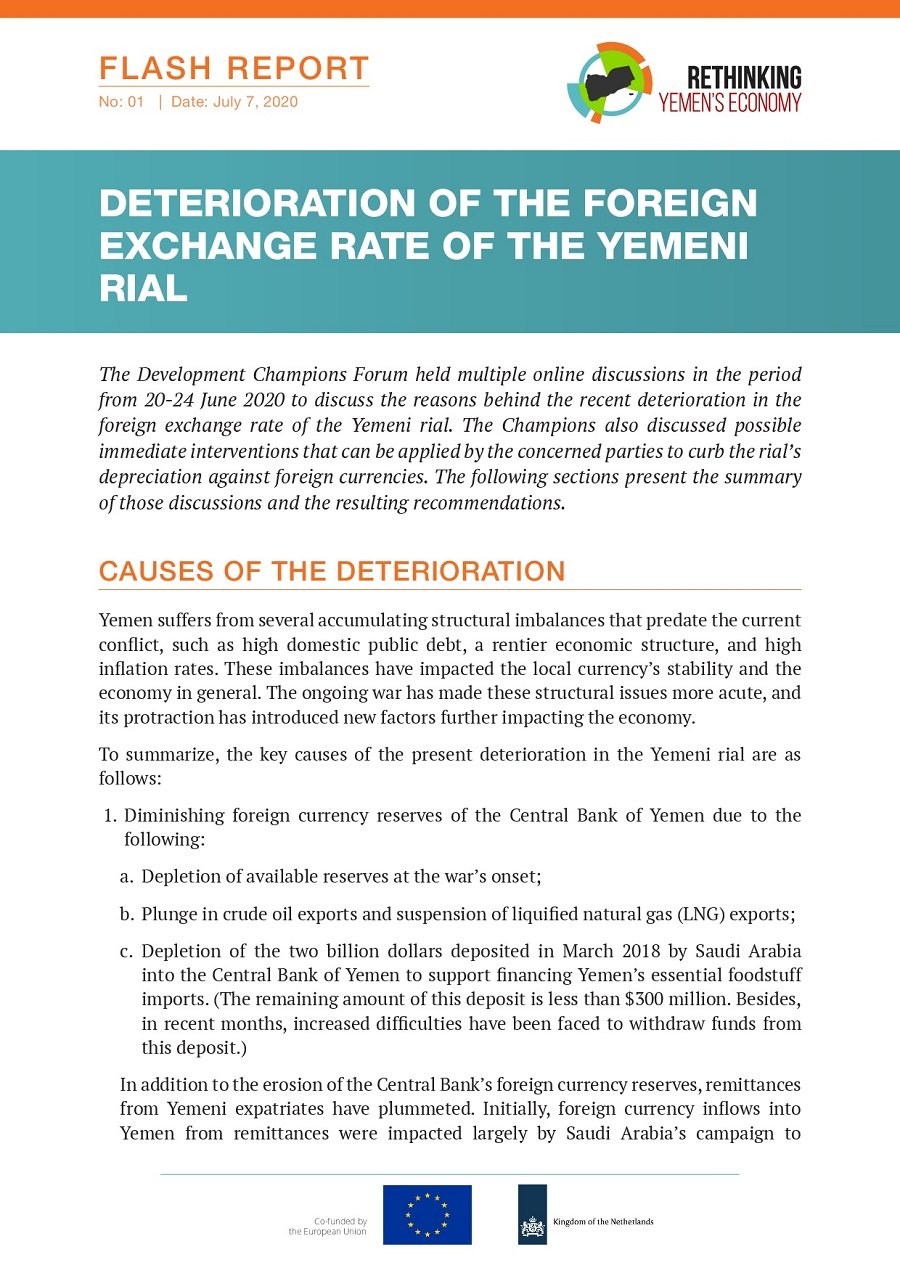



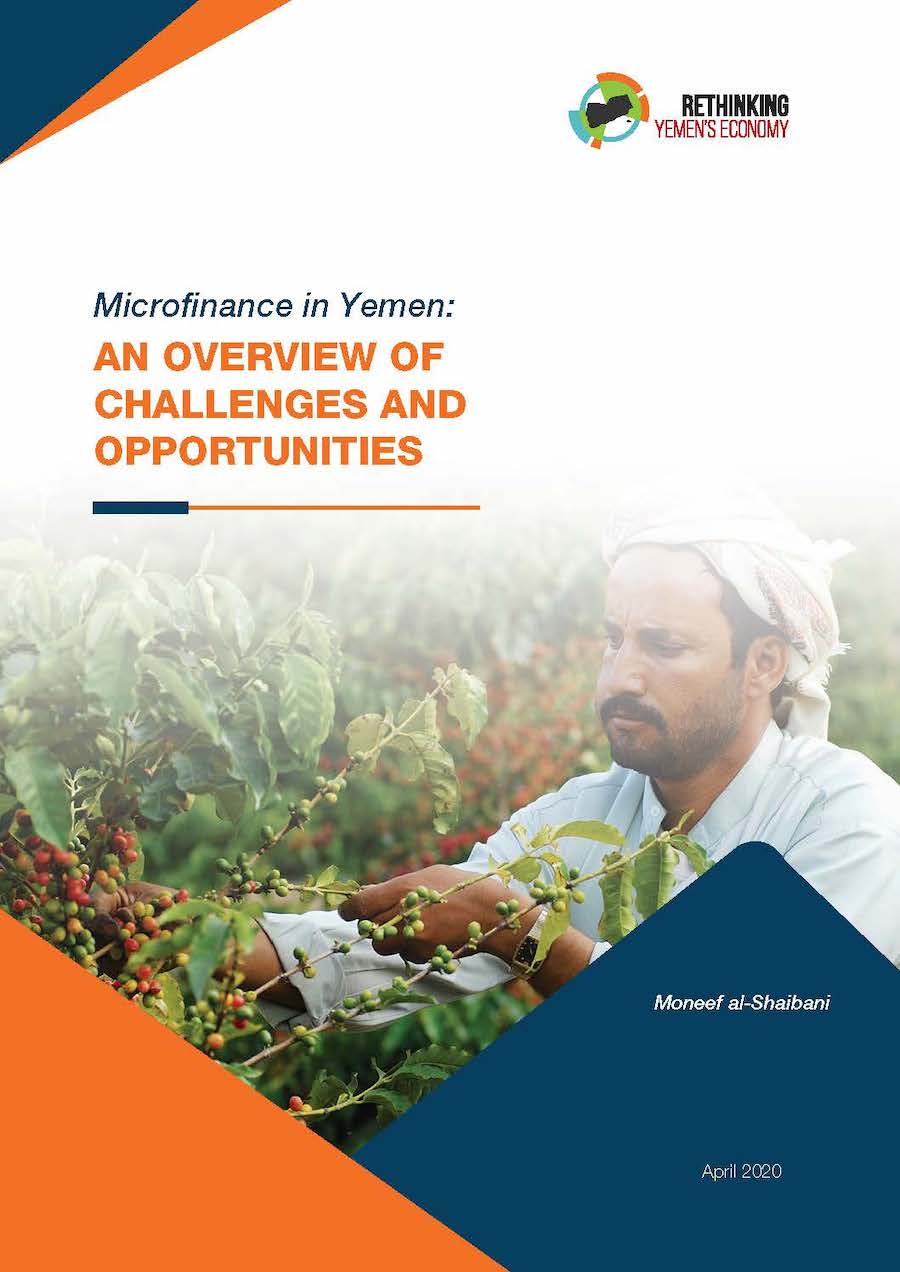


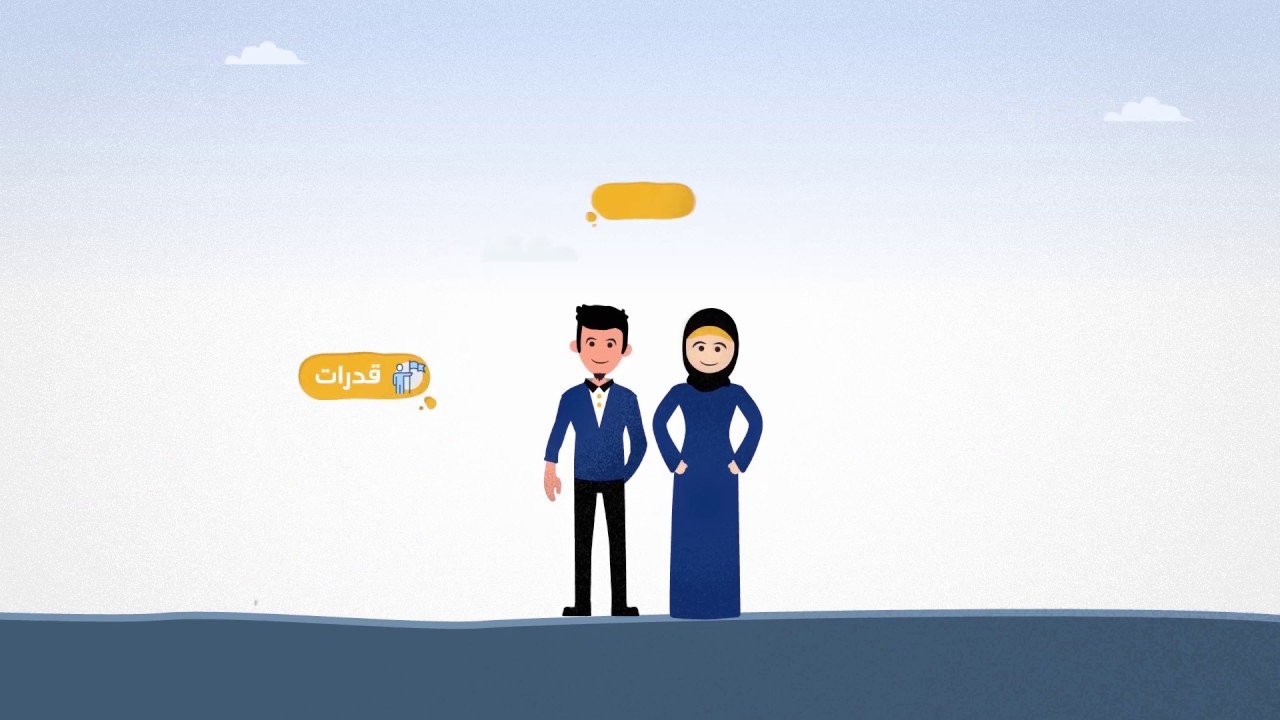
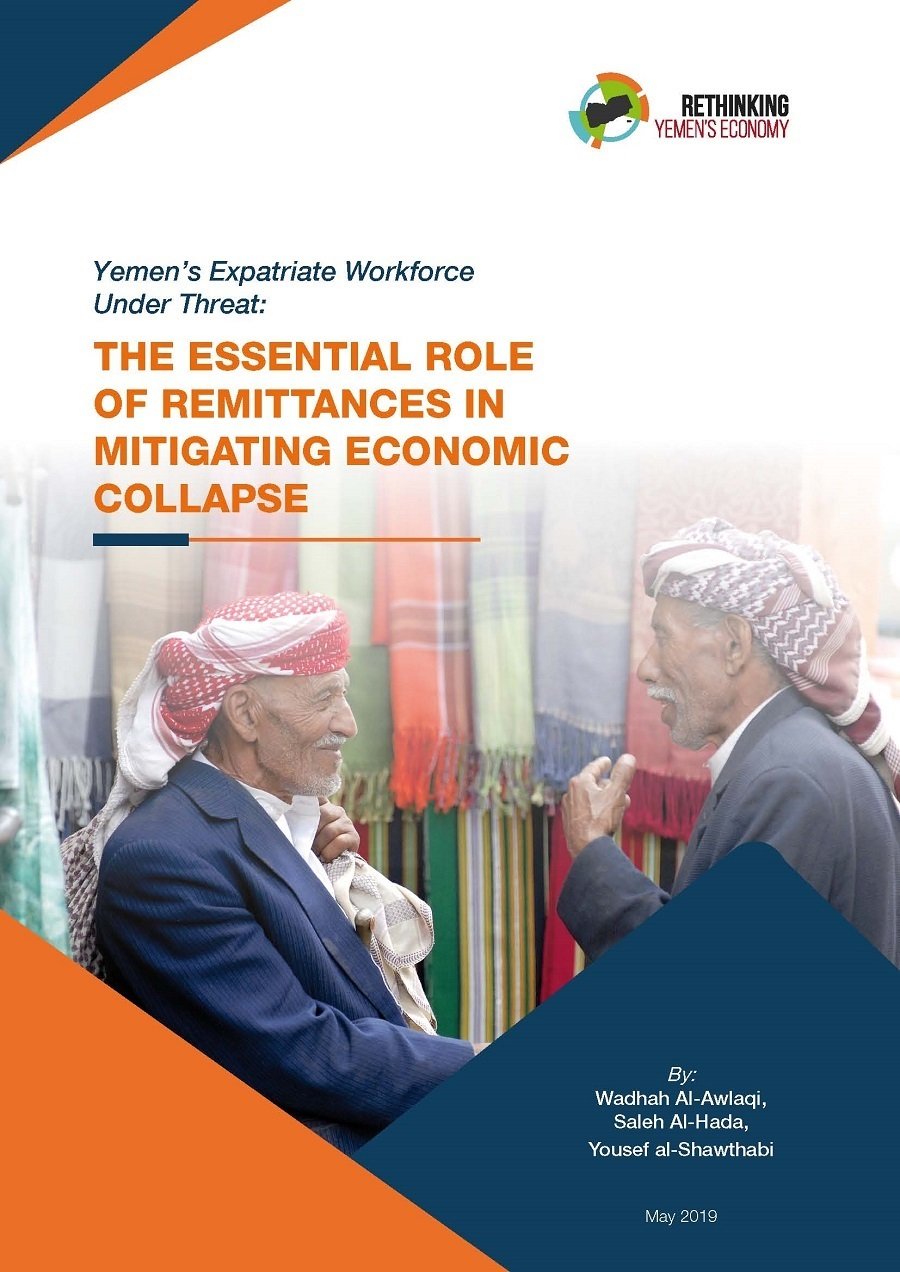

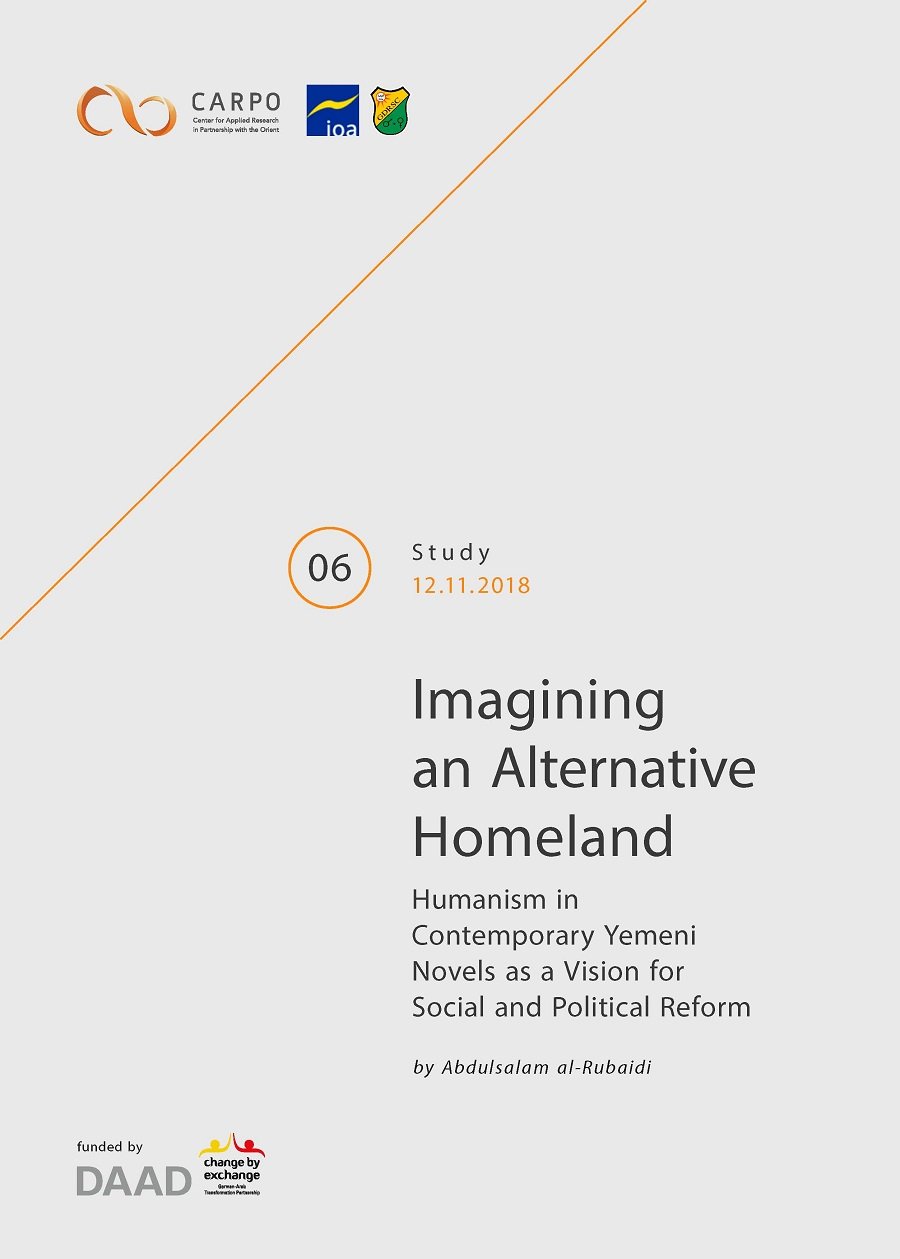
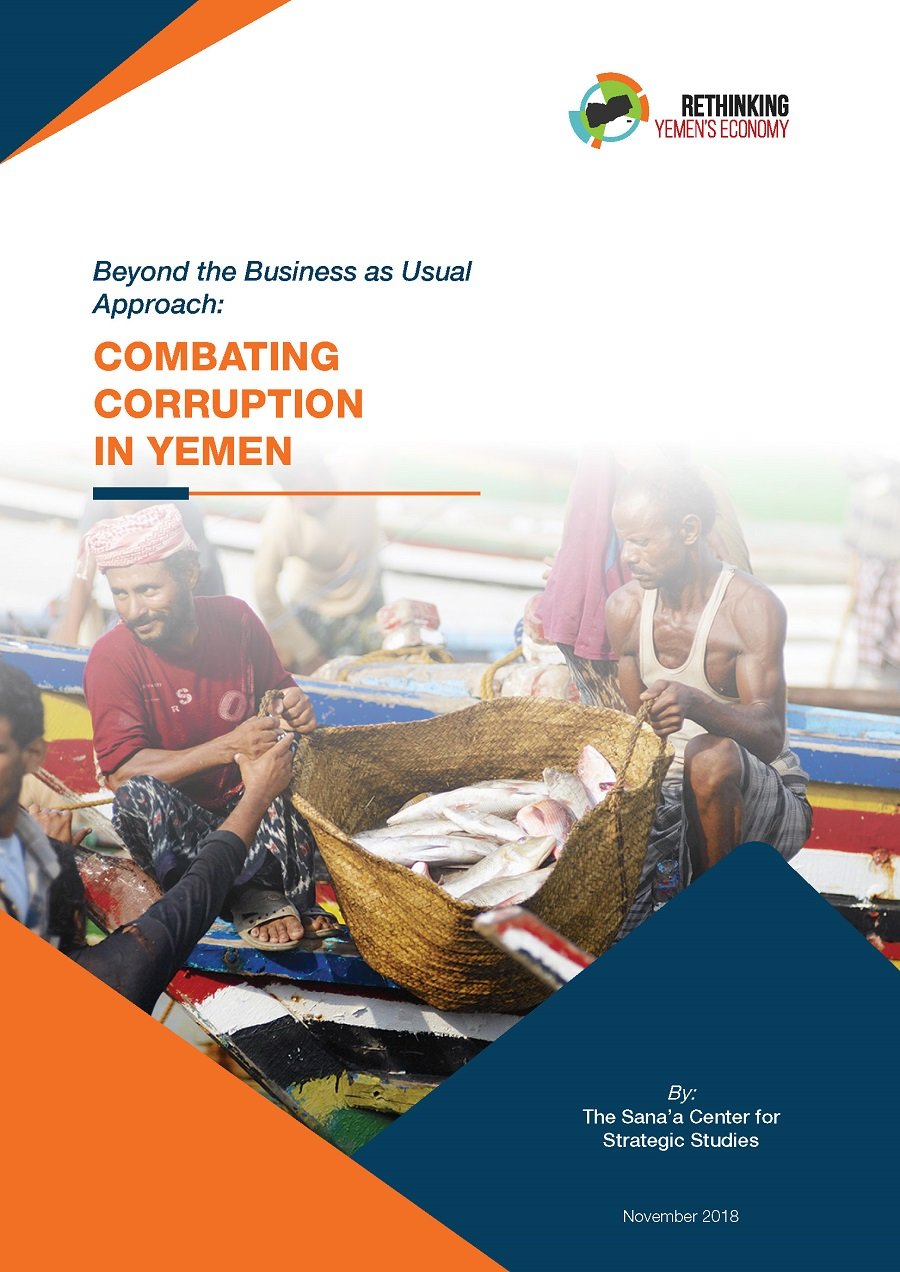
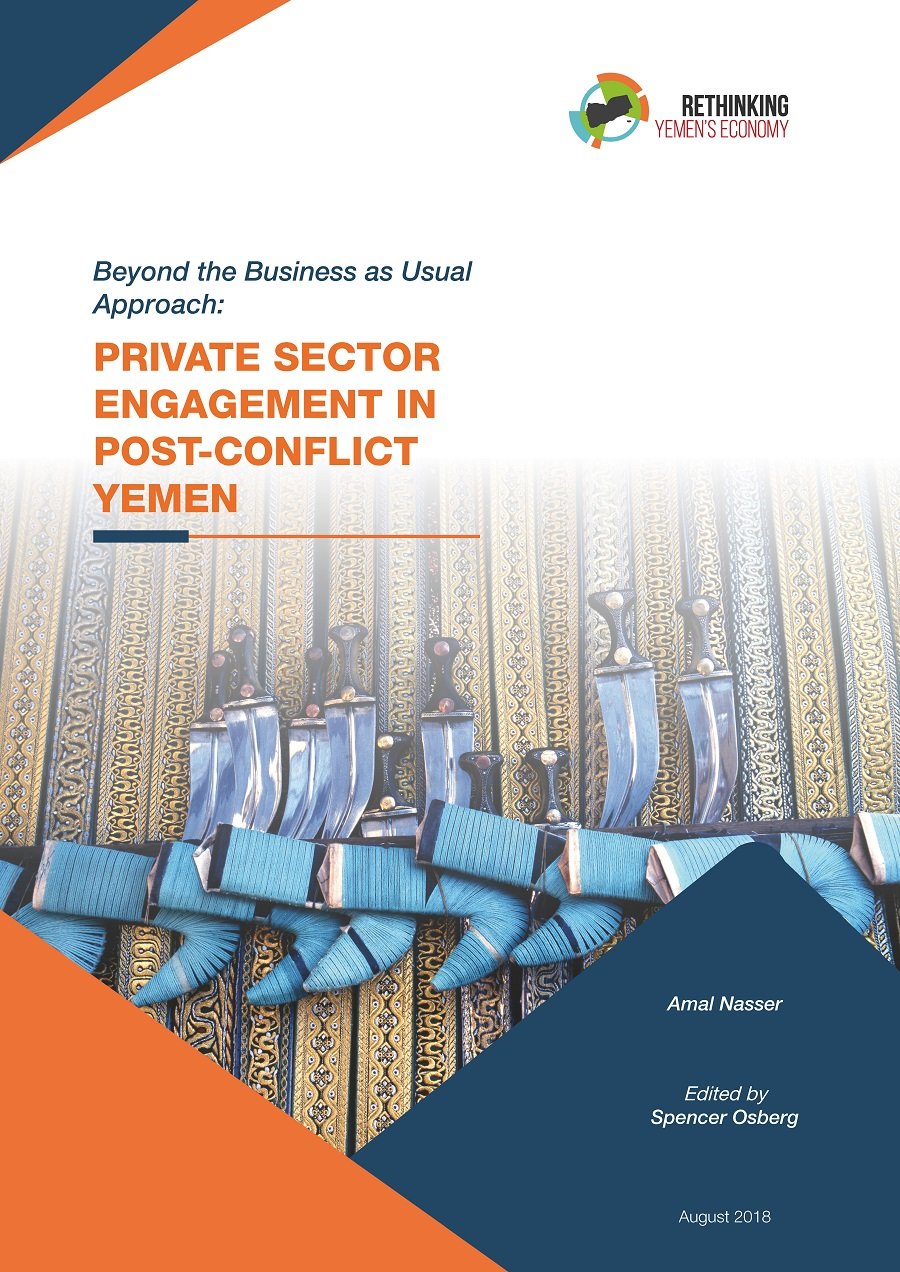
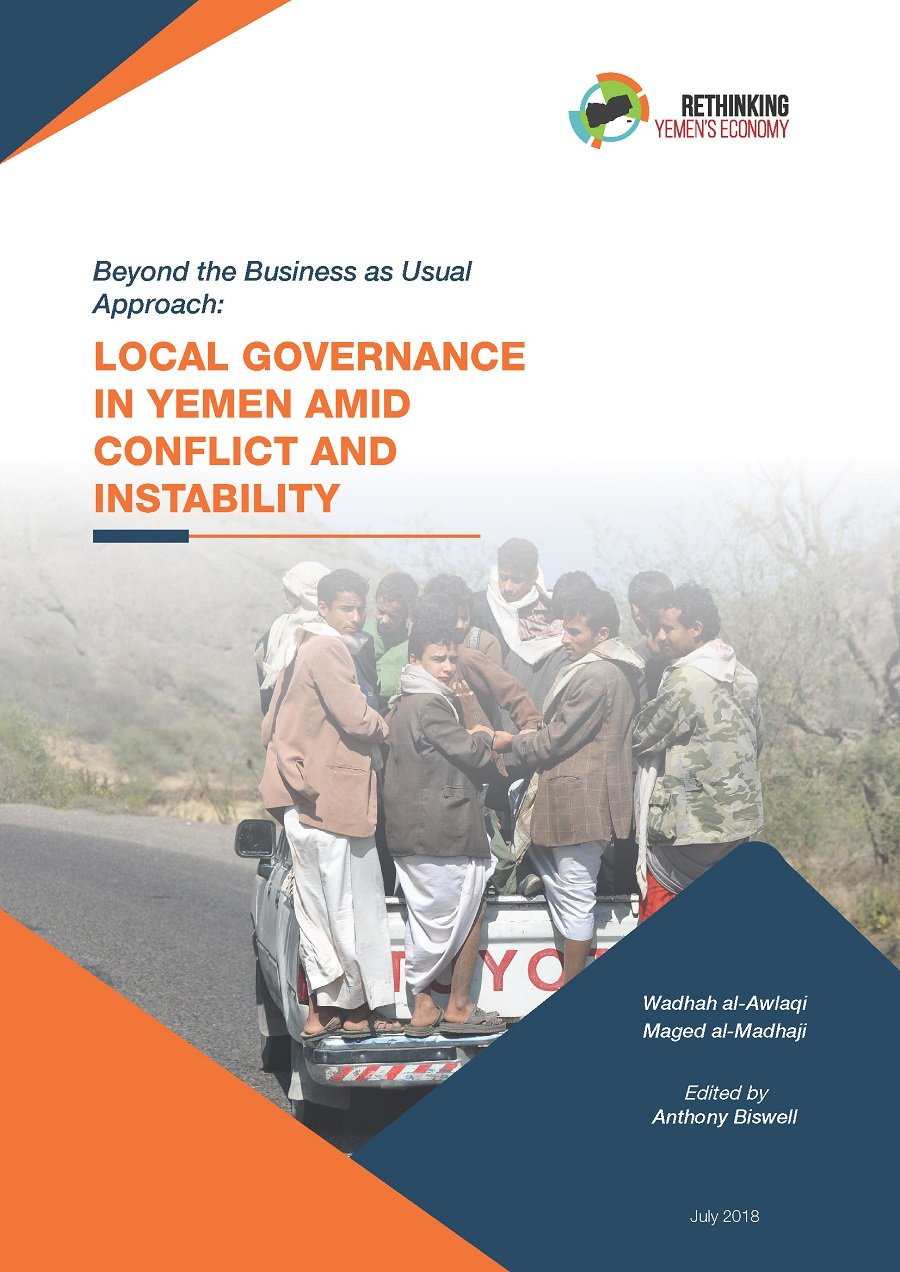
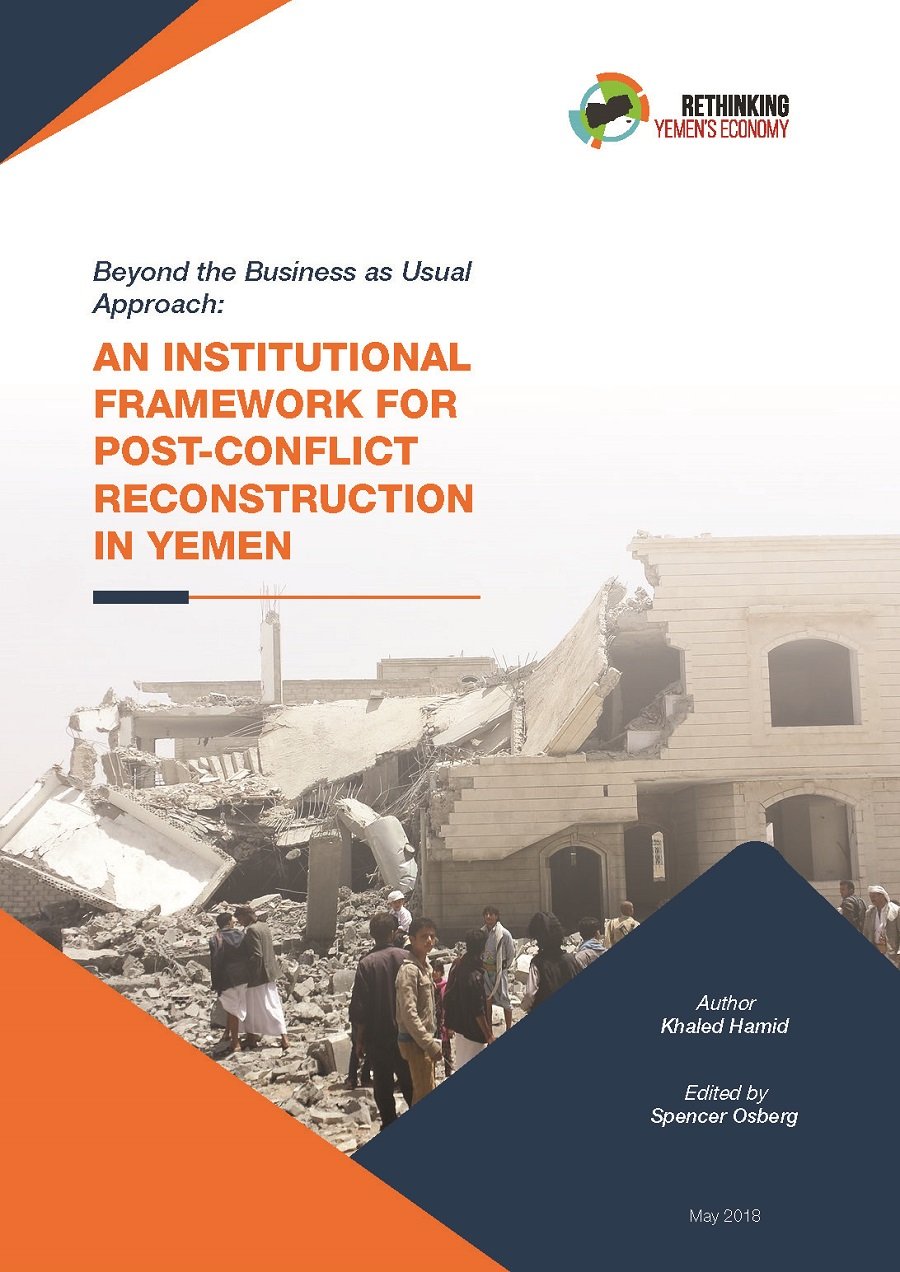
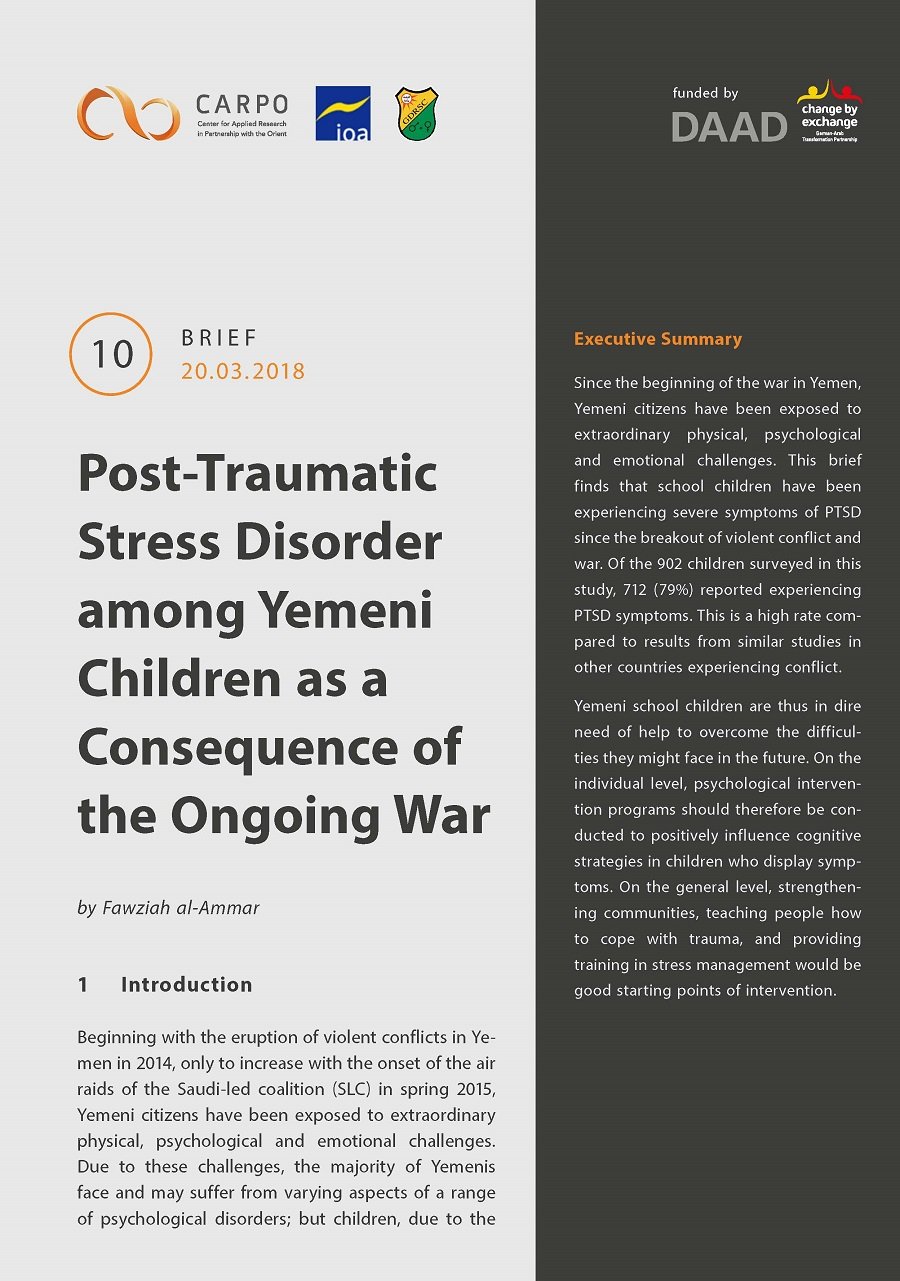
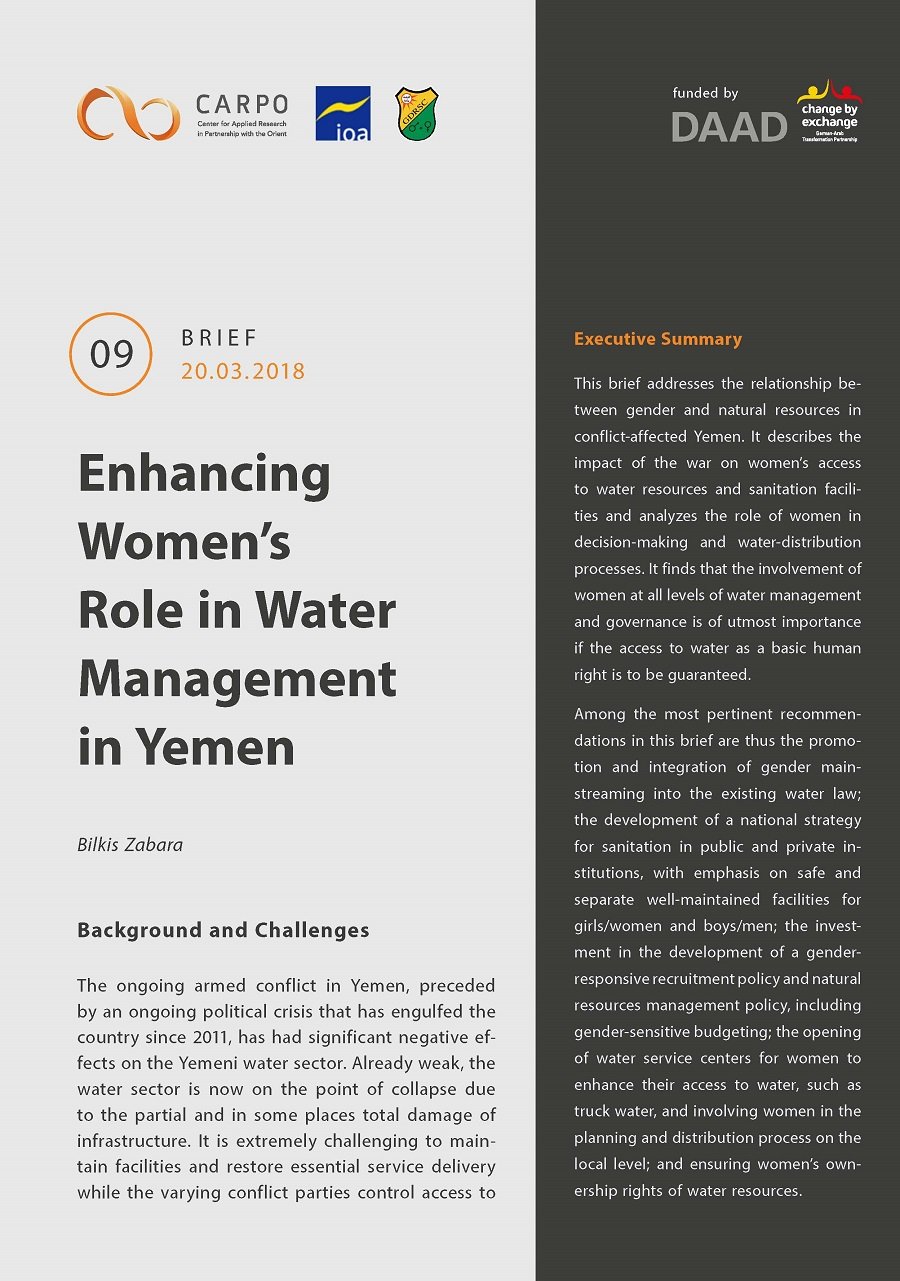
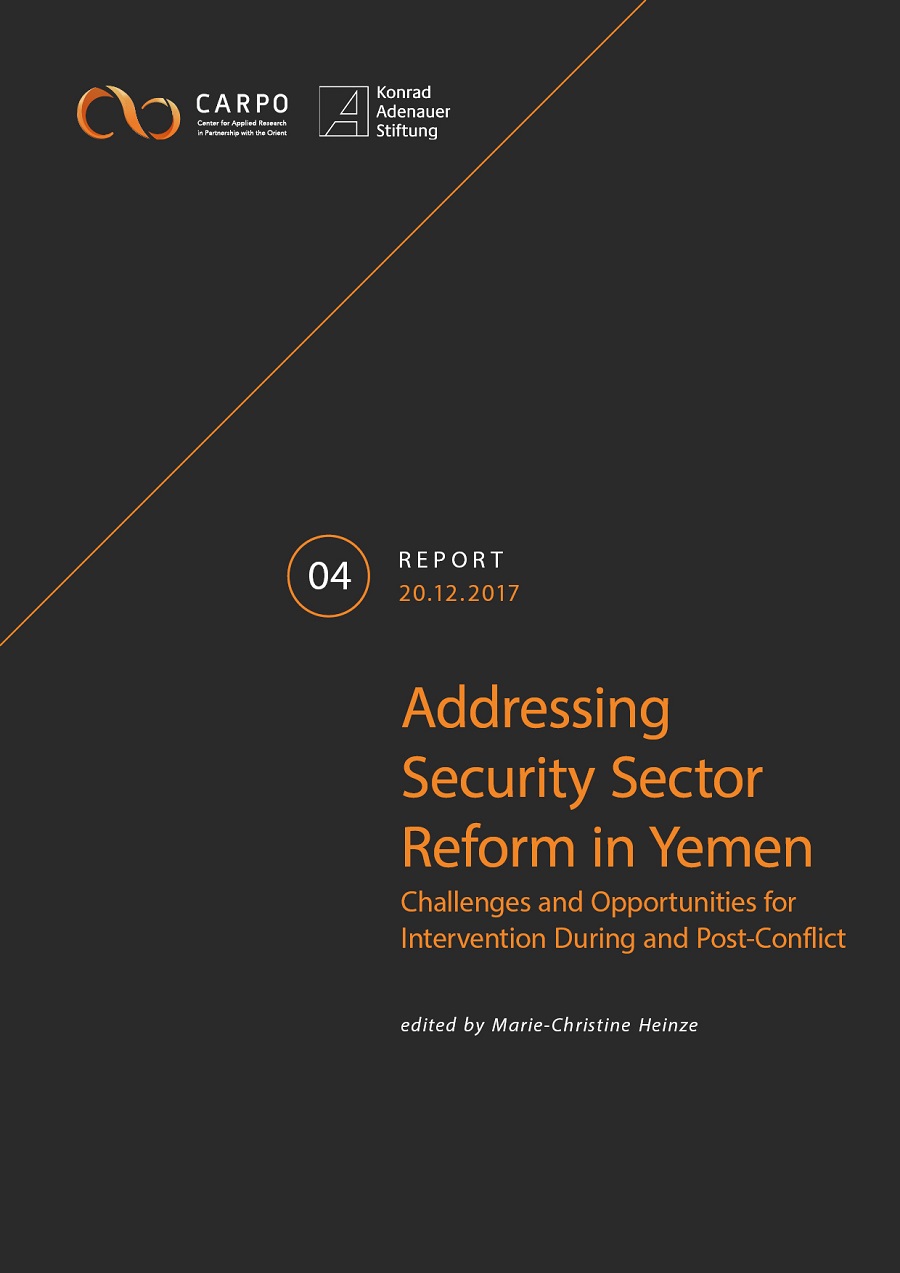



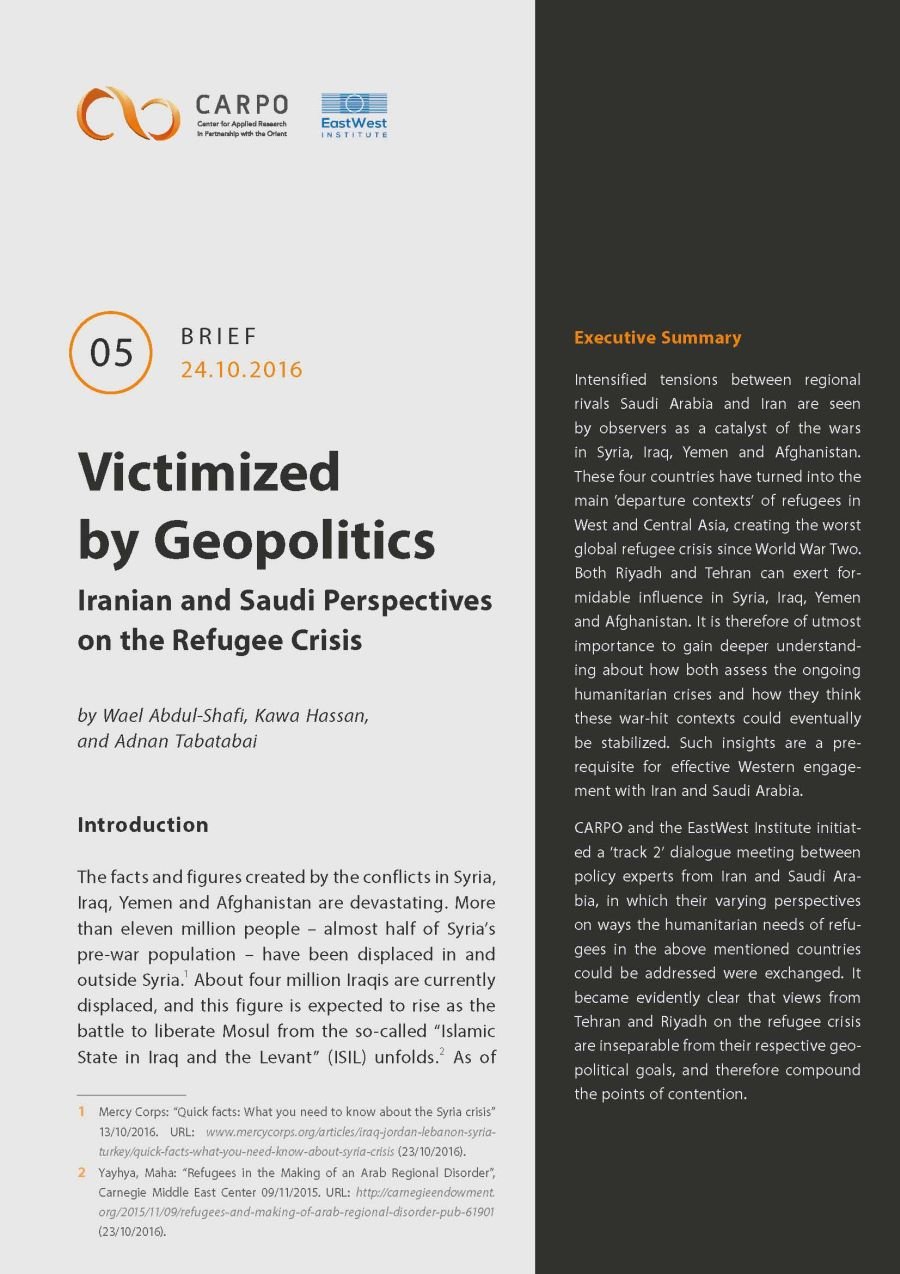

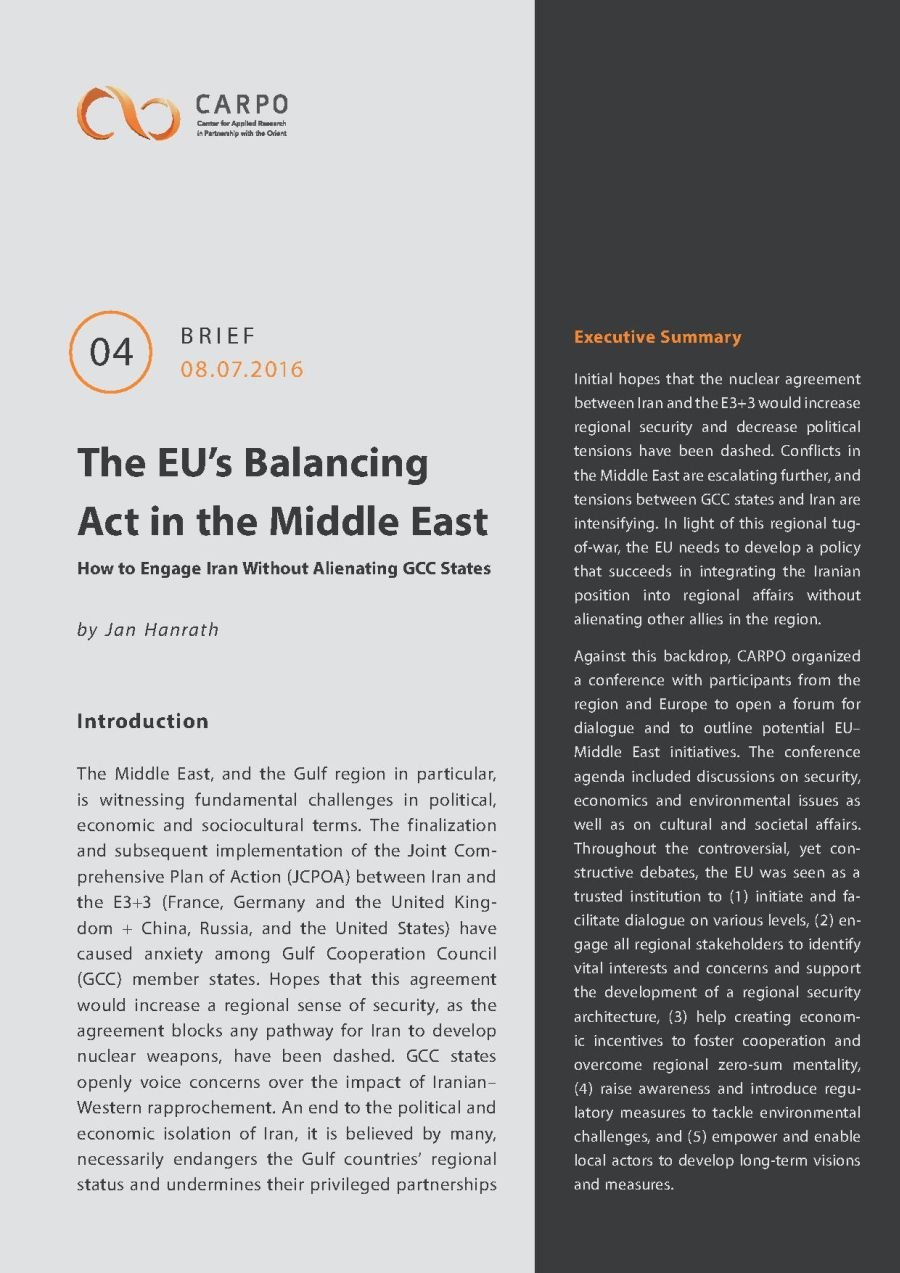

![Yemen. Actors, Factors, Scenarios [in German]](https://carpo-bonn.org/wp-content/uploads/2019/08/CARPO_Report_01_Cover.jpg)